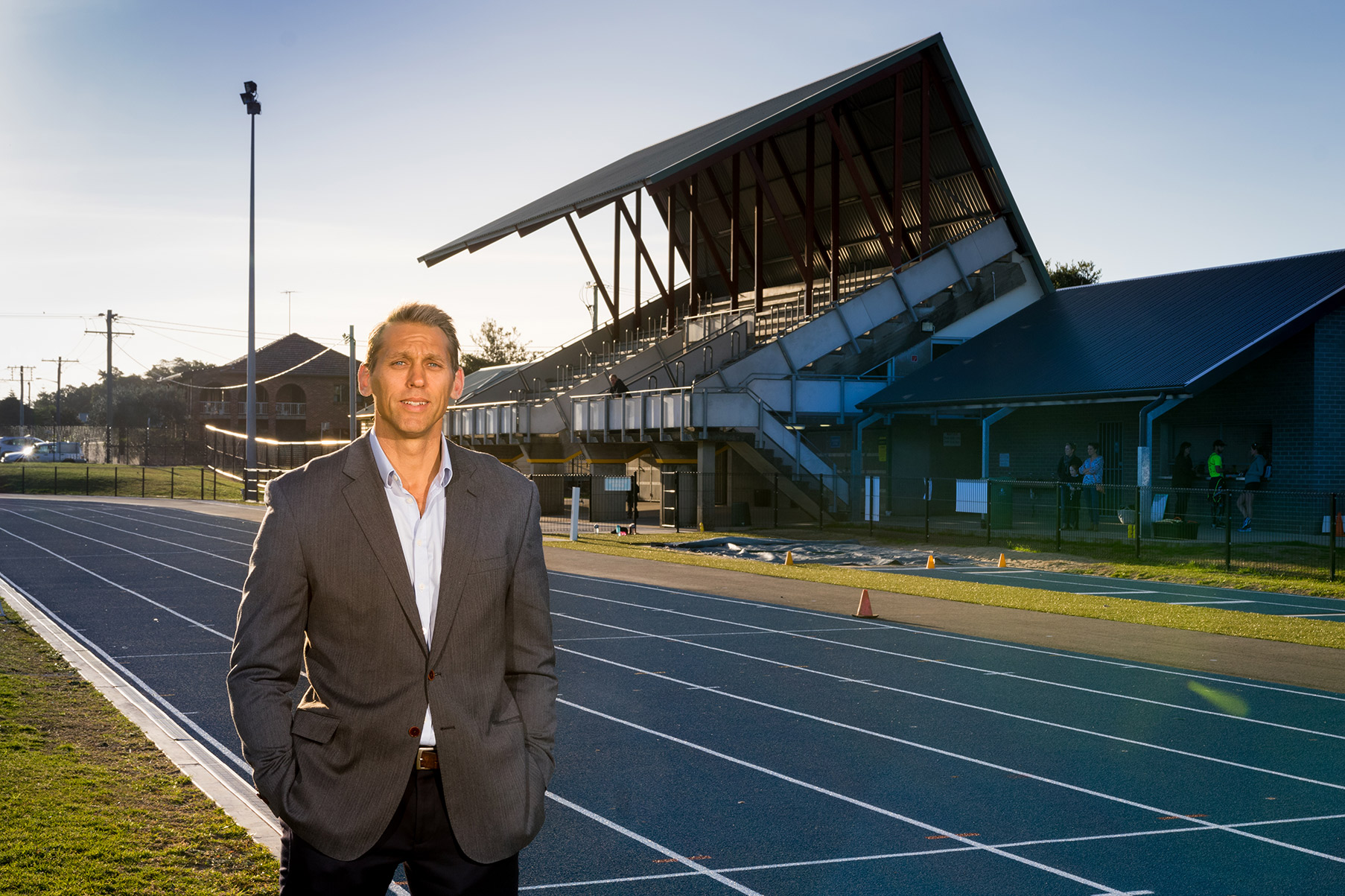Schools improve overall wellbeing with an inexpensive program that gets kids moving
Many young people’s mental health declined during the pandemic. Changing school culture to increase children’s physical activity at school helps to reverse this trend, researchers have found.
In a new study, published today in theInternational Journal of Behavioural Nutrition and Physical Activity, researchers evaluated the effectiveness of iPLAY, a program that aims to involve students in 150 minutes of planned physical activity each week, including high-quality physical education and school sport, and daily ‘classroom energiser’ breaks.
In one of the largest and most comprehensive studies of its kind, the researchers found that iPLAY could be successfully scaled up using a combination of face-to-face and online learning to reach more than 1,300 teachers and 30,000 NSW state primary school students in 115 schools.
Lead author, University of Newcastle Professor David Lubans from the College of Human and Social Futures, said that whole of school interventions are the ‘gold standard’ for physical activity promotion.
“We know that embedding physical activity across the whole day has clear physical benefits for children, our study has demonstrated that changing school culture can also benefit students’ wellbeing,” Professor Lubans said.
“In the initial evaluation of our program we observed significant improvements in students’ cardiorespiratory fitness.”
 Professor David Lubans
Professor David Lubans
Among the positive effects reported across the 24-month period included improvements in students’ enjoyment during PE/sport and their physical activity participation. The most notable finding, however, was an increase in students’ subjective well-being, or happiness and life-satisfaction.
While the improvements in wellbeing were small, across a large population these effects are meaningful. Programs aiming to improve student well-being within and outside the classroom are crucial.
According to the Australian Human Rights Commission, 41 per cent of children reported the COVID19 pandemic had a negative impact on their wellbeing, and at the time of a survey conducted in early 2022, around one in five children reported they were feeling more down, scared, or worried than they used to.
The research on the implementation and effectiveness of iPLAY was carried out by the University of Newcastle and the Australian Catholic University and funded through a National Health and Medical Research Council (NHMRC) Partnership Project Grant and a grant from the NSW Department of Education’s School Sport Unit.
iPLAY co-creator, Professor Chris Lonsdale from the Australian Catholic University said the key was equipping teachers with the right tools to promote physical activity that could have long-lasting benefits.
“This isn’t just about getting active in PE class, it’s about building movement into all lessons, from maths to science and time between these lessons. It’s about helping teachers learn new practices so that our kids see the benefits now and into the future,” Professor Lonsdale said.
“This means we see health benefits for all kids, not just those who excel at and enjoy sport.
“And when it does come to PE class, the rules of the activities can be changed so that the time spent where everyone is active is increased. For example, in a game of softball, there wouldn’t be any kids sitting down waiting their turn to bat, they’d all be out in the field moving around.”
Findings from interviews with participants suggest being involved in the program led to sustained changes in teacher practices and school culture.
These changes meant schools, leaders, and teachers placed a greater emphasis on whole school physical activity promotion, including quality PE and sport.
The follow-on impacts of improved wellbeing shouldn’t be understated, with participating schools representing a variety of socioeconomic areas, and almost 10 per cent of students being of Aboriginal or Torres Strait Islander descent.
Professor Lubans said Australian children were among the least active in the world and therefore programs like iPLAY were essential.
“Our latest findings prove that physical activity is essential for children’s physical and mental wellbeing and iPLAY is a program that is scalable program that gets results,” James Boyer from the NSW Department of Education School Sport Unit.
“We also know it worked twice as well in children from lower socioeconomic backgrounds.”
Students’ success and well-being is a whole-of-school responsibility and can be improved with more widespread implementation of programs like iPLAY.
Contact
- Anita Harvey
- Email: anita.harvey@newcastle.edu.au
Related news
- Don’t let perfect get in the way of good uni reforms
- From Delhi to Newcastle, full tuition scholarship makes STEM dreams come true
- Post‑mining research comes to life in community art exhibition
- World-leading MRI upgrade boosts research capability at HMRI Imaging Centre
- Exciting International Opportunities for Creative Industries Students coming this year
The University of Newcastle acknowledges the traditional custodians of the lands within our footprint areas: Awabakal, Darkinjung, Biripai, Worimi, Wonnarua, and Eora Nations. We also pay respect to the wisdom of our Elders past and present.

